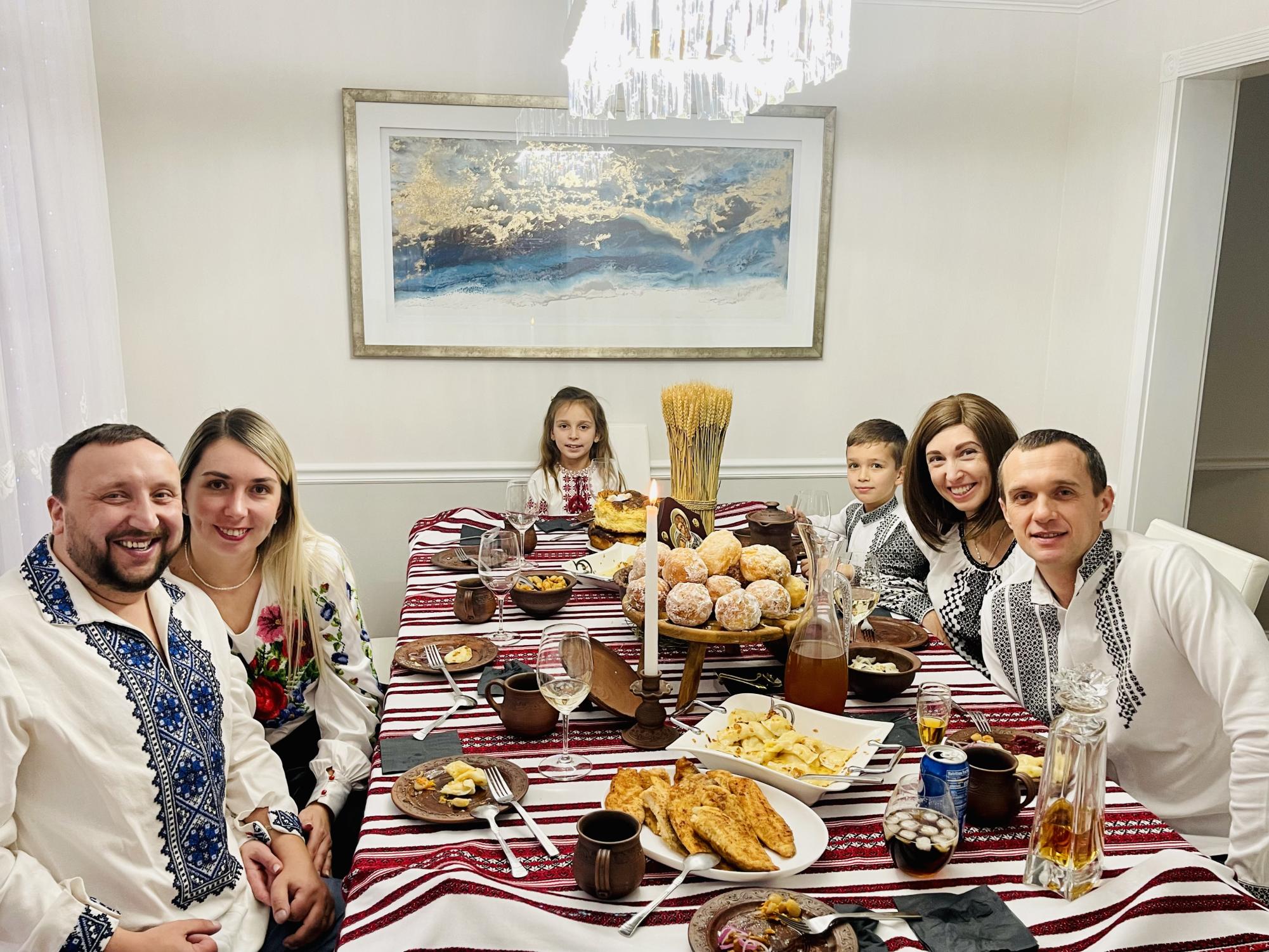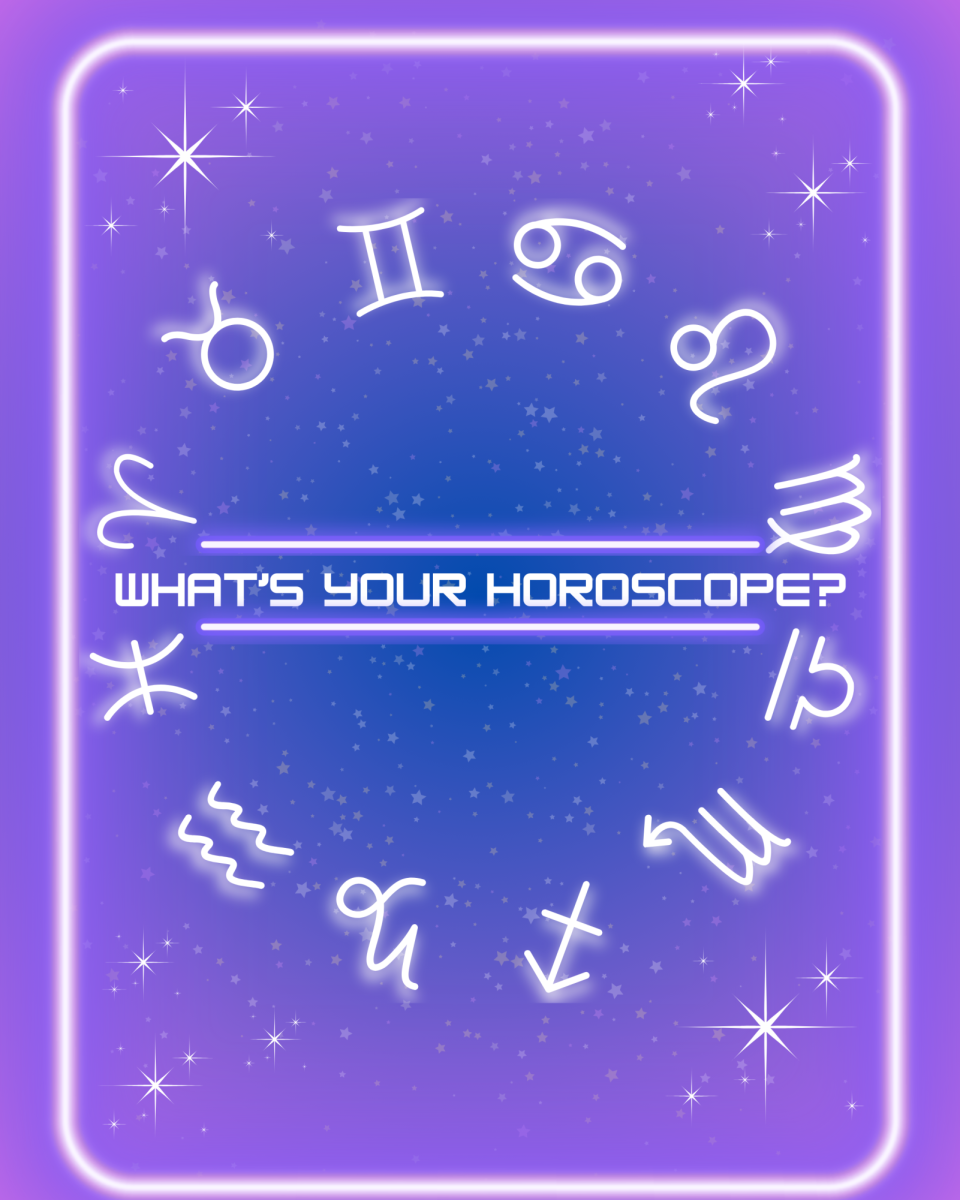In Ukraine, there are many holidays similar to those in the United States. But who said Ukrainians celebrate them the same way? Ukrainian culture is rich in traditions and customs, and every holiday is accompanied by special rituals—sometimes more than one.
Before Christianity reached Ukraine, Paganism was the main religion. Long ago, Ukrainians believed in the powers of nature and the natural life cycle. The first day of the new year was celebrated on the first day of spring when nature came alive again.
One of the most important holidays in Ukrainian culture is Christmas. Until 2023, Ukraine celebrated Christmas on January 7. However, due to the ongoing conflict with Russia, the Ukrainian government and Church moved the holiday to a different date to distance themselves from the aggressor country.
Despite this change, Ukrainians celebrate Christmas in a way that is uniquely their own. The Christmas holiday season in Ukraine lasts for two weeks.
Traditional Christmas customs include the Sviat Vechir or Holy Supper, which features a feast of 12 meatless dishes symbolizing the 12 apostles. In some regions, people place apples, walnuts, and garlic in each table corner before supper. This tradition is believed to protect the meal from evil spirits.
Since ancient times, songs have been an integral part of Ukrainian culture. Ukrainians have always sung during both difficult and joyful moments, finding comfort and expression in their music. Thus, many holiday traditions are tied to songs and their origins.
During Christmas, families often gather to sing carols and celebrate.
The tradition of caroling dates back to pre-Christian times when Ukrainians honored Kolyada, the son of the pagan goddess of beauty and love. According to legend, Kolyada was born on the longest night of the year, during the Winter Solstice. To celebrate, people sang songs called carols.
Today, Ukrainians continue the custom, of singing carols on Christmas Eve and beyond.
Some also participate in Vertep, a traditional nativity play performed on Christmas night after the Holy Supper.
Two days after Christmas, people go from house to house singing carols to praise Christ. The homeowners usually reward the carolers with money or treats. This is a favorite tradition among children, as it gives them the chance to earn some money.
Another important Christmas holiday is Shchedry Vecher (Generous Evening), during which people sing Shchedrivkas.
And even if you are not familiar with Ukrainian culture, you probably heard the song Carol of The Bells. This song is coming from Ukrainian culture. It is based on the Ukrainian folk chant “Shchedryk,” composed by Mykola Leontovych in 1916.
The original song celebrated Shchedry Vecher (Generous Evening). In 1936, American composer Peter J. Wilhousky adapted it into the English-language Christmas carol we know today- a holiday classic recognized worldwide. Its haunting, cascading melody and cheerful lyrics have made it a timeless favorite.
Shchedrivkas are Ukrainian folk ritual songs performed on the evening of December 31.
Shchedry Vecher is associated with generosity, and the songs glorify the homeowner and their family. Ukrainian ancestors believed that generosity and the accompanying songs could Influence the Moon’s cycles and, in turn, ensure a better harvest. To honor this tradition, homeowners would treat the singers with delicacies or sometimes money.
Ukrainian culture is vibrant for all the spirits and traditions, even some Ukrainians can’t tell all of them. In the midst of American holiday traditions Ukrainian culture still shine brightly.









